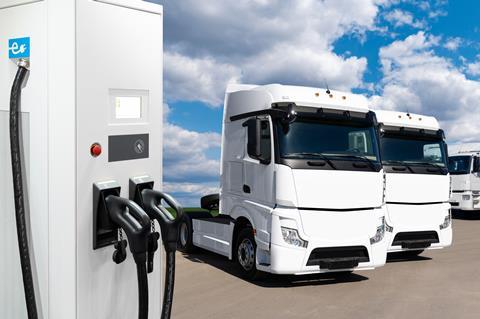Enova has unveiled two programmes aimed at reducing emissions in the construction industry. These initiatives are designed to promote the adoption of emission-free construction machinery and mobile charging stations to power them, as part of efforts to address climate change and promote sustainable practices in the construction sector.

The programmes, which will last for two years, will offer financial aid for the purchase of electric construction equipment. According to Business Portal Norway, up to 40% of the extra costs compared to traditional machinery with combustion engines will be subsidised, with a cap of five million Norwegian kroner (about €438,000) per project.
In addition to supporting the adoption of electric construction machinery, Enova’s programs also provide subsidies for mobile charging stations that come with integrated backup batteries. These charging stations will be eligible for a subsidy of 40 percent of the investment costs, with an upper limit of two million crowns (around €175,000). To be eligible, the battery must have a minimum energy content of 70kWh, and the charging station must offer at least 100kW of charging power.
The additional subsidy for charging stations with battery storage is particularly significant for the adoption of electric construction machinery. This is because in the early phases of construction projects, where heavy machinery such as excavators and wheel loaders are commonly used for civil engineering activities, the power supply at the construction site may not be well-developed. The buffer batteries in the mobile charging stations can be slowly recharged using low voltage, allowing for quick recharging of the construction machinery batteries.
Enova’s programmes are expected to drive the adoption of emission-free construction machinery and promote the use of mobile charging stations with battery storage in the construction industry. This is part of Norway’s commitment to reducing carbon emissions and transitioning to more sustainable practices in various sectors, including construction. The programs are also expected to contribute to the country’s ambitious climate goals and support the growth of green technologies in the construction industry.


















